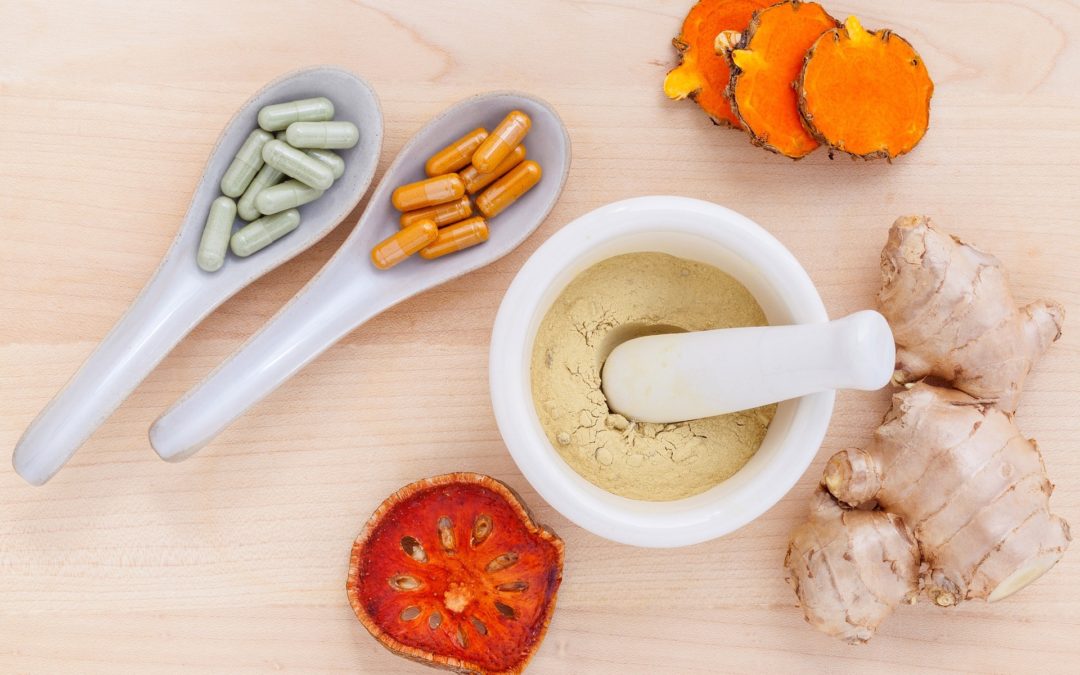For thousands of years, people in China relied on acupuncture and herbs as their primary medicine. They created herbal formulas to address all kinds of health concerns because this was their only treatment option. Over thousands of years of trial and error, Chinese herbal medicine produced numerous formulas for countless conditions such as pain, common cold, digestive issues, irregular menstruation, and traumatic injuries.
So, what is Chinese herbal medicine?
Chinese herbal medicine uses plant and animal products for the therapeutic benefits. Different herbs produce various effects in the body. Many modern pharmaceuticals originated from herbal remedies or their constituents. For instance, aspirin evolved from willow bark, which has long been used for its’ pain relieving properties. Willow bark contains salicin that converts to salicylic acid in the body, and modern aspirin uses a derivative of a synthetic salicylic acid.
With Chinese herbal medicine, single herbs are combined into formulas. Formulas produce a more balanced product, reducing the chance of any adverse reactions. Herbal formulas account for any harsh properties of herbs and adjust accordingly, adding in ‘harmonizing’ counterparts.
Most Chinese herbs consist of common plants, roots, fruits, etc. For instance, ginger, licorice, and mint are commonly used herbs in Chinese medicine. However when given a Chinese herbal formula, don’t be surprised if the label contains the pinyin, or Chinese name, for the herb. On the product label you may see sheng jiang (ginger), gan cao (licorice), and bo he (mint).
How does it work?
A trained herbalist prescribes an herbal formula based on your unique presentation. The herbal formula may come as raw herbs, granules (powder), or pills. Depending on the condition, an herbal formula may only be needed for a few weeks or a few months. Herbal medicine is a powerful tool, so changes will likely be noticed quickly. However, treatment aims to not only address the main complaint but also address any underlying imbalances. Your primary concern may resolve quickly but continued herbal treatment may still be beneficial.
Are they safe?
Generally, yes! As with any medication, it’s always best to have any Chinese herbal medicine prescribed specifically for you by a trained herbalist. Many acupuncturists have additional training specifically in Chinese herbal medicine to safely and effectively address a variety of conditions.
In the past, herbal supplements have been known to contain contaminants. Carefully sourcing herbs avoids the risk of any unwanted substances. Nowadays, Chinese herbal companies have increased their standards and testing of herbs to ensure safety. If you have any question about the supplier or quality of herbs prescribed for you, ask your acupuncturist or herbalist.


